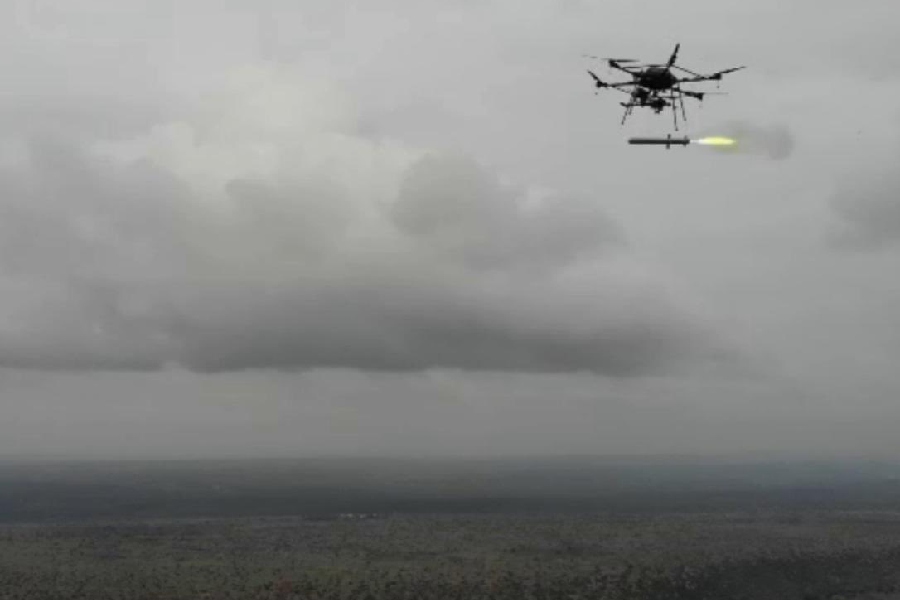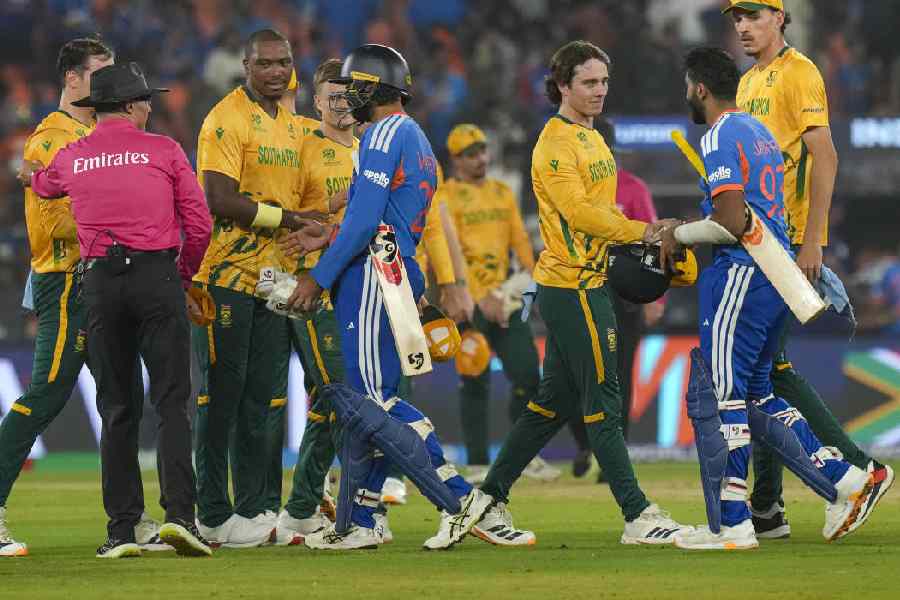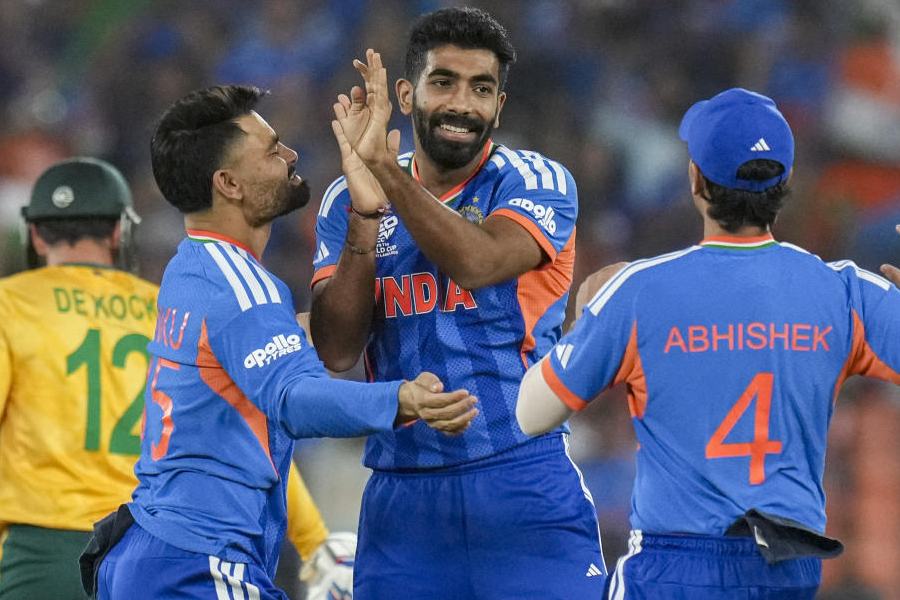Schools and education consultants are urging students aspiring to pursue higher education in the United States to remove political content from their social media accounts ahead of visa applications.
The guidance comes as the Donald Trump administration resumed student visa appointments in June after a temporary halt, with applicants now required to make all social media accounts public during the screening process.
"We are telling our students to be careful and not say anything political on social media," said Tina Servaia, principal of the senior school at Calcutta International School. Students are also being advised to avoid war-related posts, she added.
The recommendations extend beyond recent graduates applying for visas this year to include current Class XI and XII students who may apply in the coming years.
Education consultant Nirmal Agarwal is advising students to "scrub their social media of any posts that they might have which are against the US or the government in any form". He emphasised that students should immediately untag themselves from political posts by others and said the guidance applies to family members as well.
"Those applying in the next couple of years should be careful of what they are putting up, and it should not be political or activist posts," Agarwal said.
Several school principals are framing the advice as teaching responsible social media use rather than censorship.
"Children should learn to use social media in a way that is beneficial to them and does not disturb their plans," said Rupkatha Sarkar, principal of La Martiniere for Girls. "They should refrain from commenting on any debatable diplomatic issue. They are there to study as a student and not to comment on government policies."
At The Newtown School, career counsellors are speaking with both students and parents about social media conduct.
"On social media, it is important to remain apolitical and stay away from politicised groups," said principal Satabdi Bhattacharjee. "It's not that only the US is watching you, but there could be other countries too."
Bhattacharjee noted that social media posts can create perceptions that may not reflect someone's true character, cautioning that "you don't know how you will be scrutinised for it".
While acknowledging that students can have political views, educators are encouraging private discussion over public posting. "One can have ideas and ideologies, but that can be deliberated about with friends and among peers," Bhattacharjee said.
Seema Sapru, principal of The Heritage School, echoed this sentiment: "We can have opinions, but it is not necessary that one has to make those public always."
On Saturday, the US embassy in India warned that visa holders found violating American laws or immigration rules would face deportation.
"U.S. visa screening does not stop after a visa is issued," the embassy said in a statement posted on X. "We continuously check visa holders to ensure they follow all U.S. laws and immigration rules — and we will revoke their visas and deport them if they don't."










